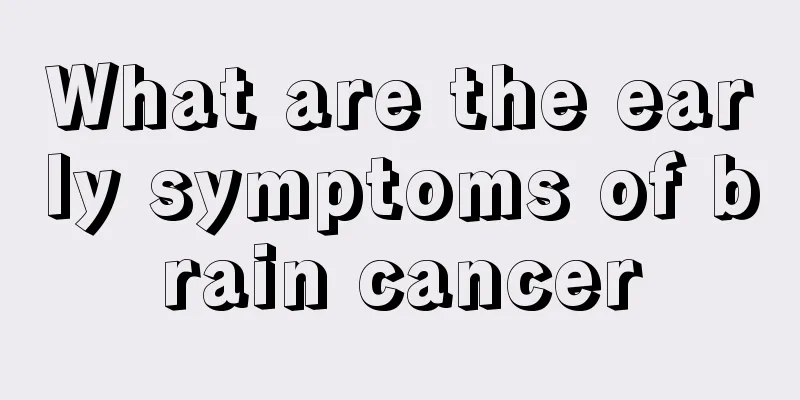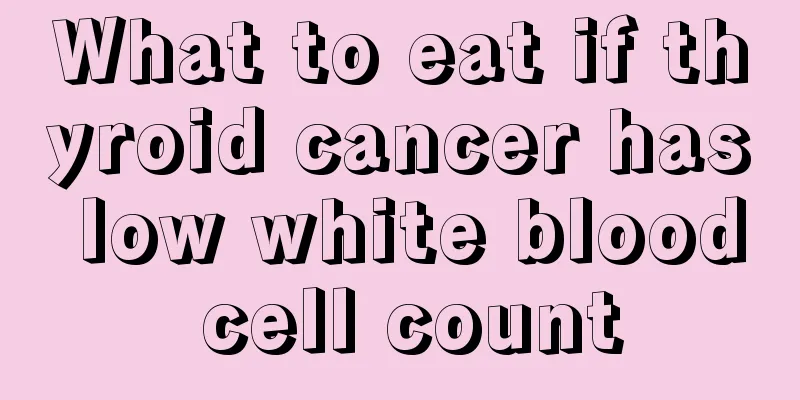How to treat obstructive pulmonary disease

|
Lung disease has always been one of the diseases that is difficult to prevent. Although lung disease can be gradually cured under the treatment of modern medicine, the painful symptoms it brings still torment the bodies of many patients. There are many types of lung diseases. Severe ones such as obstructive pulmonary disease are very harmful to people and need to be taken seriously. Let’s take a look at how to treat obstructive pulmonary disease. Chronic obstructive pulmonary disease (COPD) is a common chronic disease characterized by chronic bronchitis and/or emphysema with airflow obstruction, which can further develop into cor pulmonale and respiratory failure. It is related to abnormal inflammatory response to harmful gases and particles, and has high disability and mortality rates. The global incidence rate among people over 40 years old has reached 9% to 10%. Chronic obstructive pulmonary disease (COPD) is a common, preventable and treatable disease characterized by persistent airflow limitation that is progressive and is associated with an enhanced chronic inflammatory response of the airways and lungs to noxious particles or gases. 1. Treatment during stable period Non-drug treatments are available: smoking cessation, exercise or pulmonary rehabilitation training, and influenza and pneumonia vaccinations. 2. Rehabilitation For example, physical therapy and high-pressure negative ion oxygen therapy are beneficial to the recovery of lung function in COPD patients. 3. Psychological adjustment A good mood will help patients face the disease positively, increase treatment compliance, and establish good interpersonal relationships, which will be more conducive to recovery from the disease. 4. Diet adjustment Eat more fruits and vegetables, you can eat meat, fish, eggs, milk, beans, and buckwheat. Talk less while eating, breathe harder and eat slower. Fat people should lose weight, and thin people should improve their nutrition and eat small meals frequently. 5. Long-term home oxygen therapy If there is respiratory failure, long-term low-flow oxygen inhalation is recommended, more than 15 hours a day. 6. Medication Existing drug treatments can reduce or eliminate patients' symptoms, increase activity tolerance, reduce the number and severity of acute attacks, and improve health status. Inhalation therapy is the first choice. Educating patients on the correct use of various inhalers and explaining the purpose and effects of treatment to patients will help them adhere to treatment. |
<<: What are the symptoms of mucositis?
>>: What are the ways to regulate qi deficiency and blood deficiency?
Recommend
To prevent and treat prostate cancer, you need to choose the right method. These cancer prevention misunderstandings must be avoided
If men do not pay attention to prostate health ca...
What are the symptoms of schistosomiasis liver disease
Schistosomiasis hepatitis is a liver disease caus...
How to use acne needle
Smooth and delicate facial skin is perfect and wh...
What is the cardiopulmonary resuscitation technique
In people's daily lives, they always encounte...
Does pumpkin help to reduce milk production or increase lactation? What Nutrition Is in Pumpkin?
Mothers who have just given birth do not want to ...
What should I do if my arms ache after getting drunk?
The symptoms of arm pain after getting drunk may ...
Is surgery useful for advanced liver cancer? How should people with advanced liver cancer be treated?
Liver cancer is a malignant tumor disease, and it...
What should patients with bladder cancer eat?
In recent years, more and more people have been d...
Detailed explanation of what causes sudden blood in the stool
Many friends will find themselves having bloody s...
What should I do if the area between my two toes is rotten and itchy
The weather is getting hotter day by day, and peo...
What are the painkillers for pancreatic cancer? Aspirin, ibuprofen, indomethacin
Pancreatic cancer can be treated with morphine ta...
Why should twin boys and girls be raised separately?
If a pregnant mother can give birth to a pair of ...
How to remove scale from a thermos bottle
I believe everyone has encountered the scale that...
What is the difference between aloe vera cotton and pure cotton
There are various types of fabrics. Everyone know...
What medicine can help with constipation?
Many people suffer from constipation in our lives...









